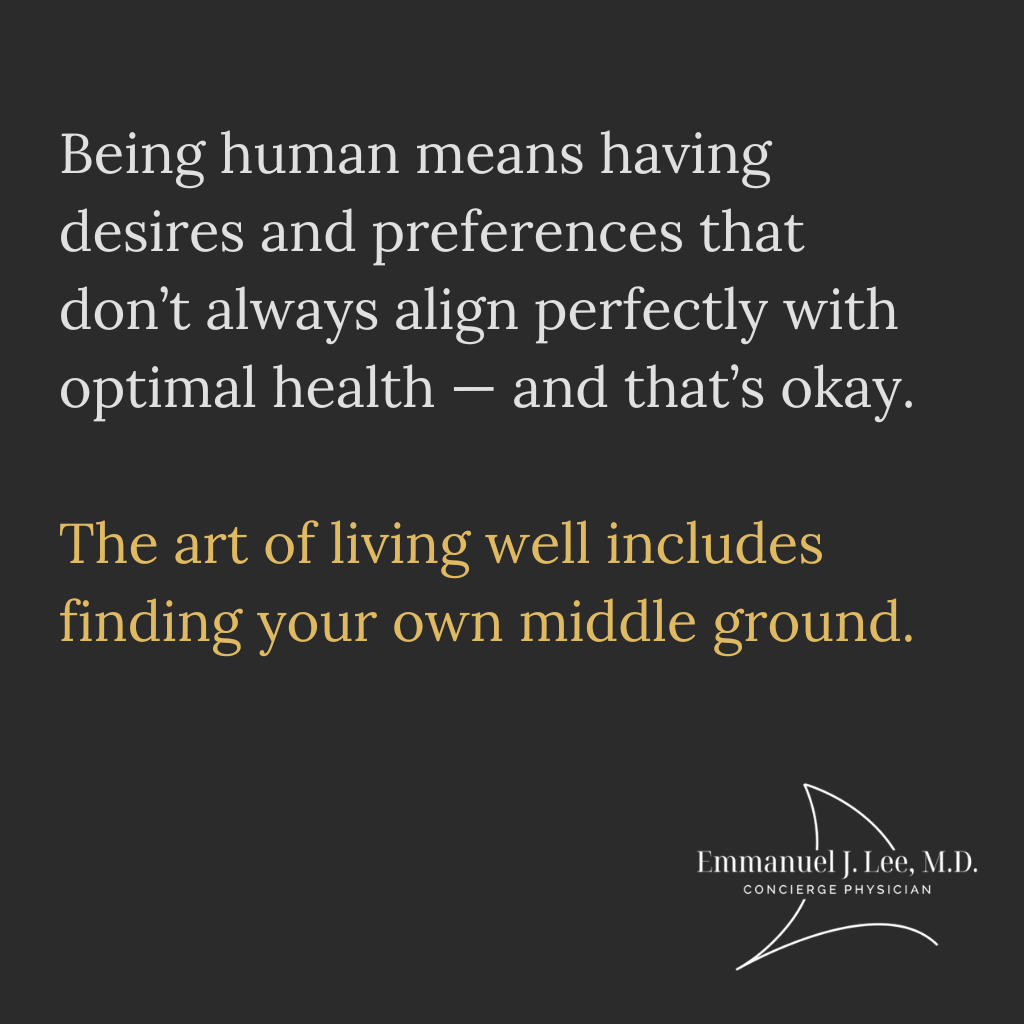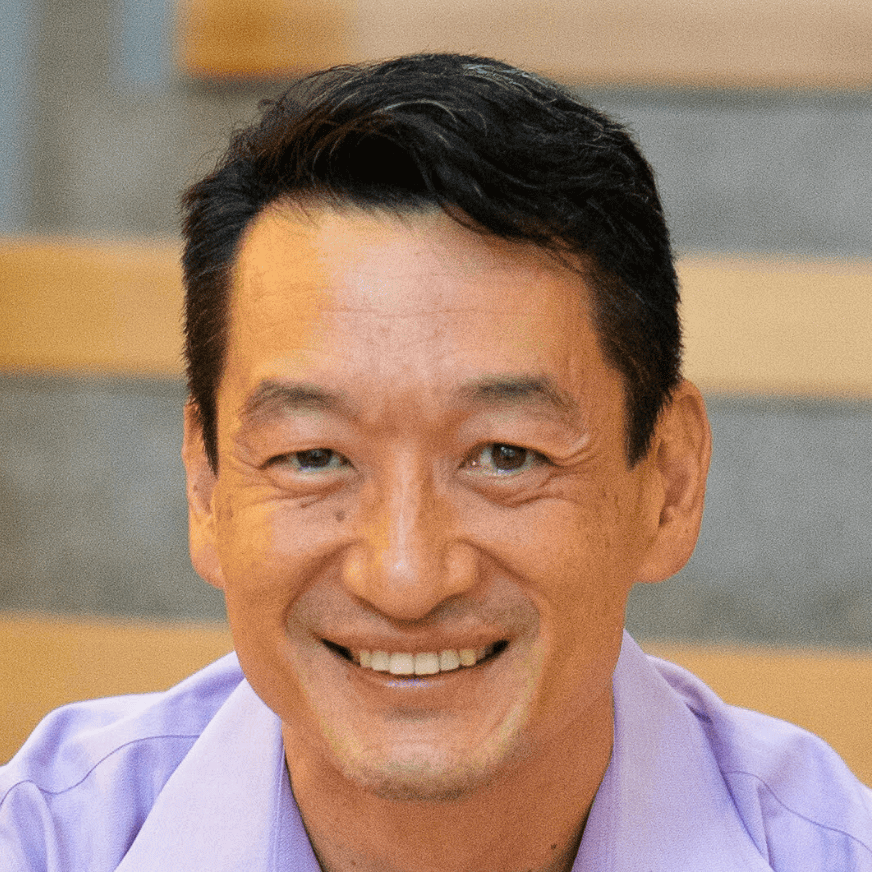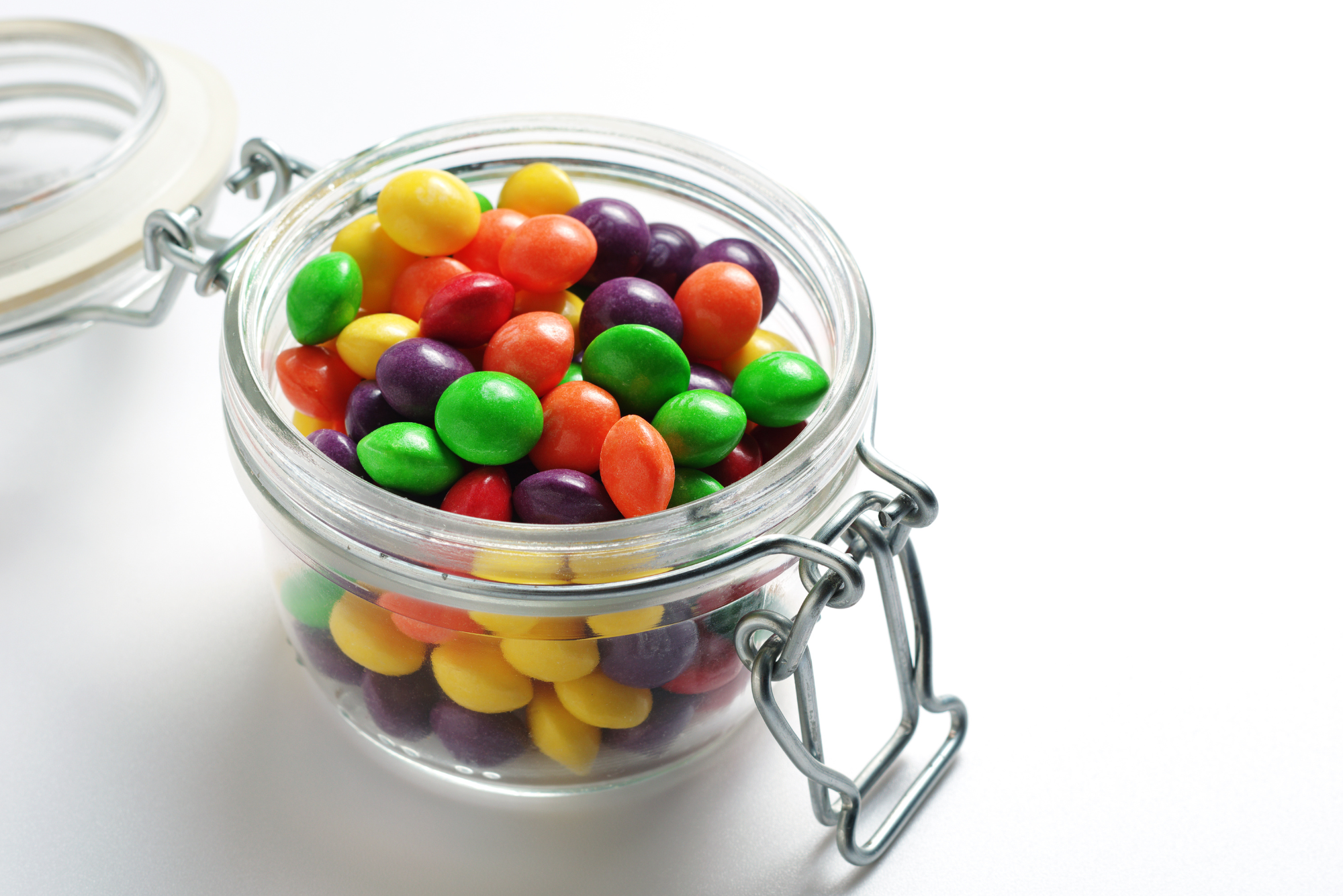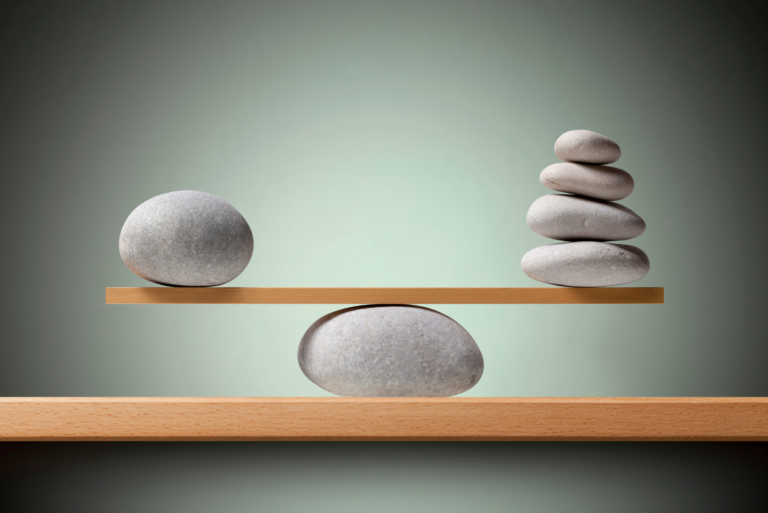I’m human. I love candy.
That might seem like an odd admission from a physician, but it’s true. I don’t discriminate, either: Skittles, M&Ms, Snickers — I love them all. And I’m not a candy snob by any means. I’m perfectly content purchasing sharing-size packages (which, let’s be honest, are rarely shared) from the gas station.
I don’t just enjoy the taste of candy; I enjoy the positive memories I associate with it. Nostalgia lives within those colorful shells and chocolate bars.
But my love for candy led me down a problematic path.
When Cravings Became a Concern
At my former clinic, I kept a bucket of candy constantly filled. I presented it as a thoughtful offering for my coworkers, but it was really for my own consumption.
During COVID, when mask protocols were strict, I became resourceful. We could only remove masks when eating or drinking, so I started sneaking Skittles and M&Ms inside my mask, creating a feedbag of sweets to get through long days.
Eventually, my colleagues noticed stains inside my mask. They initially worried I was having nosebleeds, but I reassured them that it was chocolate and food coloring.
After months (and eventually years) of this behavior, I developed prediabetes. My hemoglobin A1c test results came back just over the normal range. I initially dismissed it: “I’m young, I’m healthy, I can deal with it.” I made minor adjustments to my habits but did nothing substantial.
A few months later, my A1c levels were higher. That was my wake-up call. I needed to make real changes.
My grandmother had diabetes, and my father, though not diabetic, consistently had borderline elevated blood sugar levels. I had a genetic predisposition to elevated sugar levels — one more piece of the individualized health puzzle.
Beyond All-or-Nothing Thinking
A common misconception about health is that it requires an all-or-nothing approach. Many believe that any indulgence, no matter how small, represents failure or moral weakness.
This mindset is flawed and unsustainable. Similarly, completely restricting indulgences like sweets often leads to obsessing over what we’re missing. When we forbid ourselves from thinking about something, what happens? We can’t stop thinking about it.
We aren’t robots with reprogrammable code. We’re humans with complex psychological and physiological responses.
Some substances truly do require abstinence — cigarettes and injectable recreational drugs come to mind. But for many pleasurable things that carry health risks when overconsumed, moderation offers a more sustainable approach.
Finding Personal Balance
My path to a healthier relationship with sweets involved several realizations.
First, I acknowledged that my health impacts more people than just me — it affects my partner Juliana, our son, my siblings, and others who care about me.
Once I accepted that reality, I made a few practical changes:
- I stopped refilling the candy bucket at work.
- I turned toward more natural sugars found in fruits.
- I allowed myself occasional treats without self-recrimination.
When I enjoy a Snickers bar now, I savor it mindfully rather than consuming it unconsciously. I recognize the nostalgia and positive associations it brings, balanced against my knowledge of its health impact.
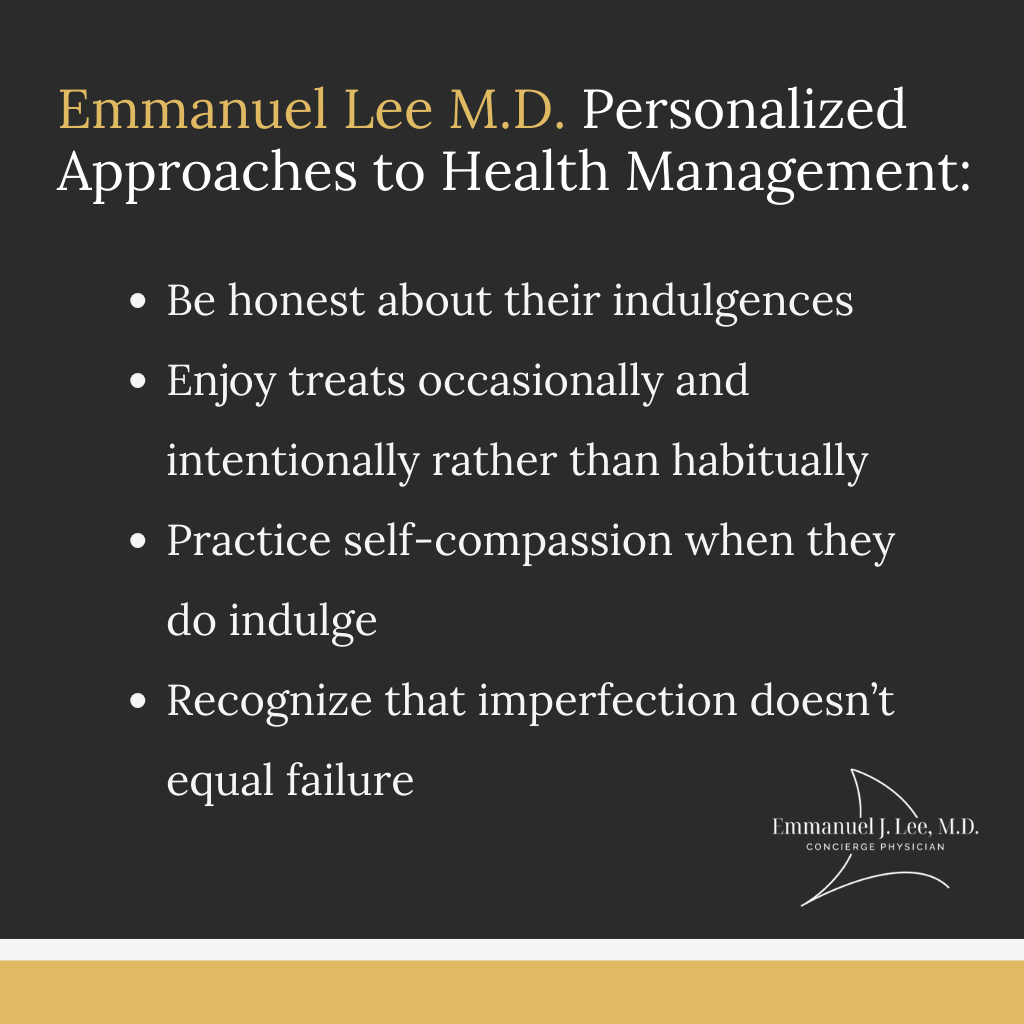
Personalized Approaches to Health Management
When patients come to me with similar struggles, whether with sweets or other indulgences, I don’t offer a one-size-fits-all solution. Each person requires a unique approach.
For some, the most effective strategy might be tough love and hard facts. Others respond better to motivational interviewing techniques.
This personalization represents one of the most rewarding aspects of my practice: the opportunity to spend adequate time with each patient, understand their specific circumstances, and develop strategies that work for their unique situation.
I encourage patients to:
- Be honest about their indulgences.
- Enjoy treats occasionally and intentionally rather than habitually.
- Practice self-compassion when they do indulge.
- Recognize that imperfection doesn’t equal failure.
I find these approaches far more effective than rigid prohibitions or simplistic rules. They acknowledge human nature while promoting health.
The Broader Context of Health Choices
Whether it’s occasional alcoholic beverages, processed foods, or sedentary activities, the principle remains similar: rigid restriction often backfires, while mindful moderation tends to be more sustainable.
My personal journey with sweets has made me a more empathetic physician. I understand firsthand how difficult it is to balance enjoyment with health consciousness, and my own struggles inform how I guide patients through similar terrain.
Health isn’t about perfection — it’s about progress, self-awareness, and making choices aligned with our values and well-being. Sometimes, that means eating an apple instead of candy. Sometimes, it means enjoying a piece of chocolate without guilt. And always, it means treating ourselves with the same kindness and empathy we would offer to others.
The next time you get caught between enjoyment and health concerns, remember that balance, not perfection, creates sustainable well-being. Being human means having desires and preferences that don’t always align perfectly with optimal health — and that’s okay. The art of living well includes finding your own middle ground.
